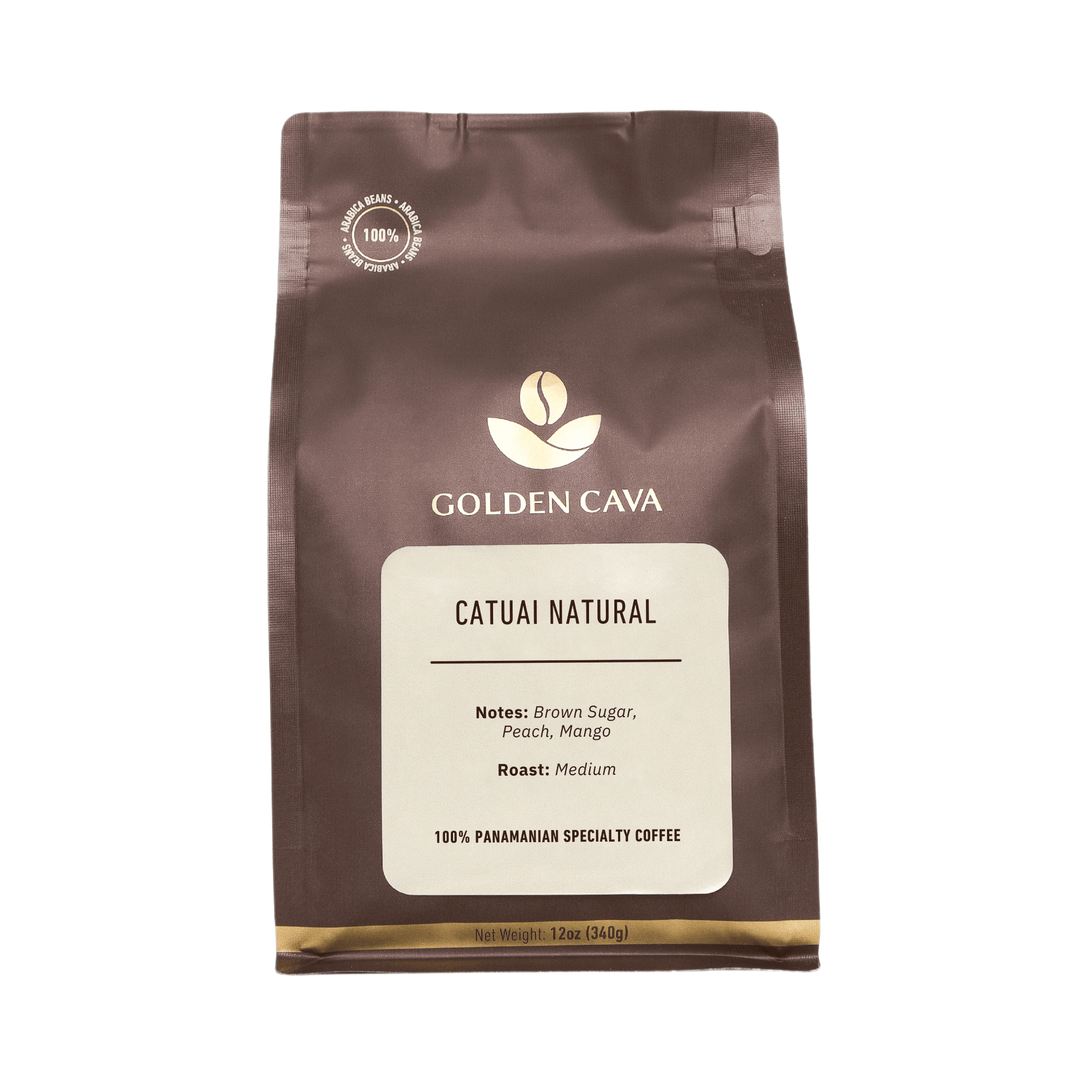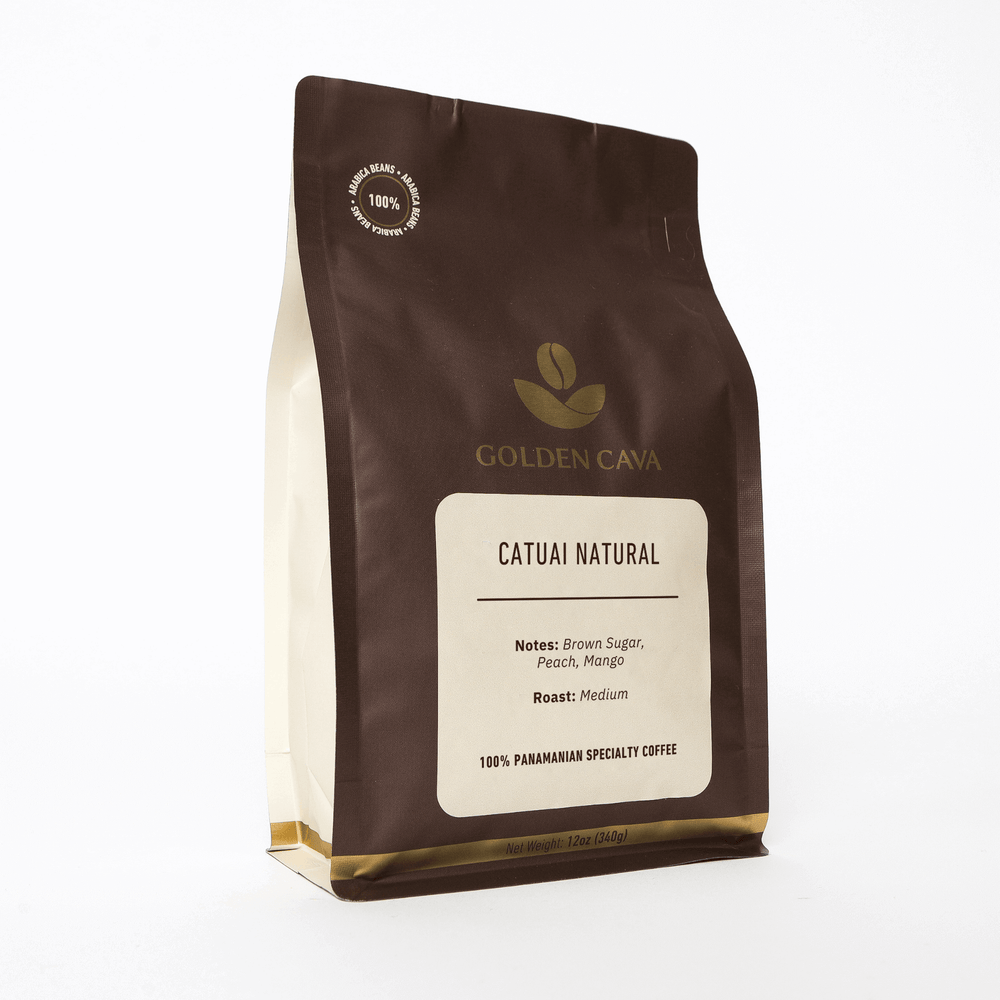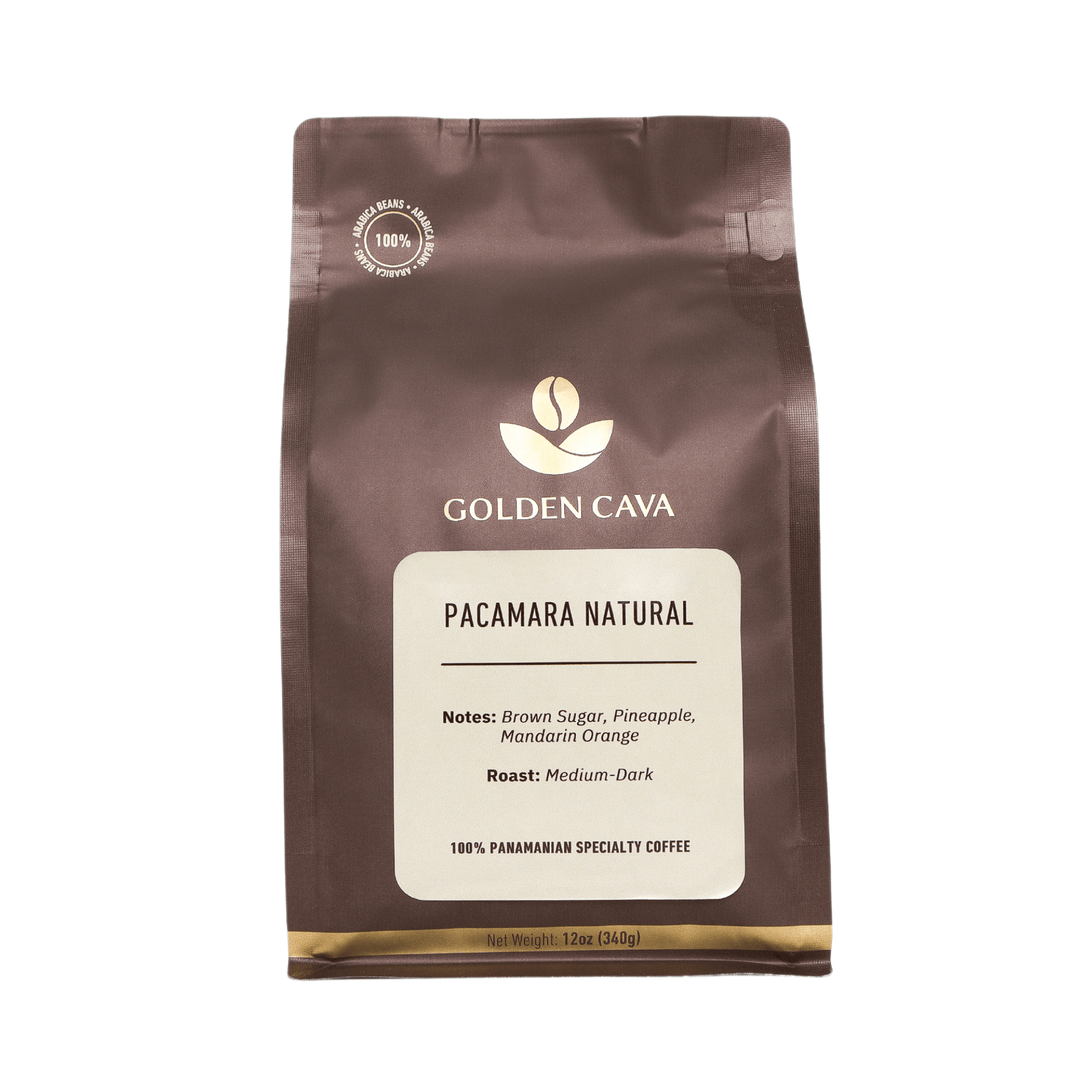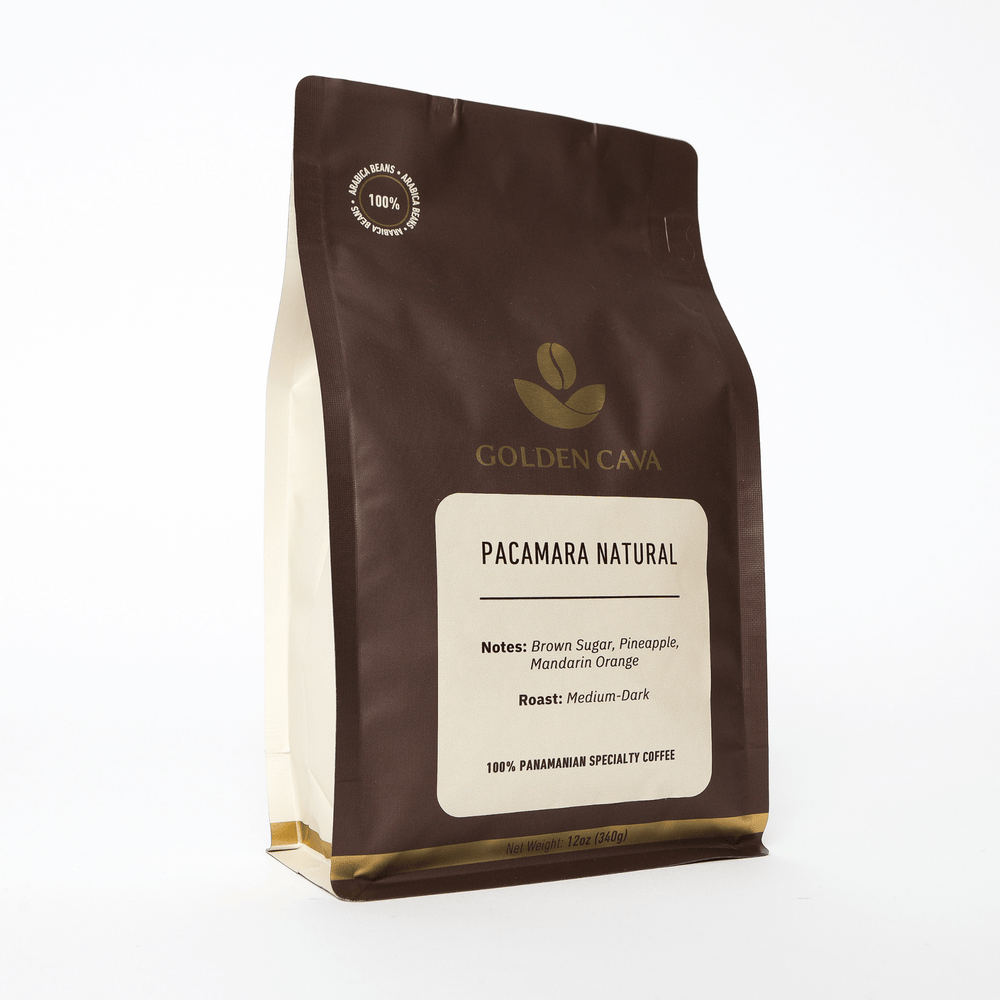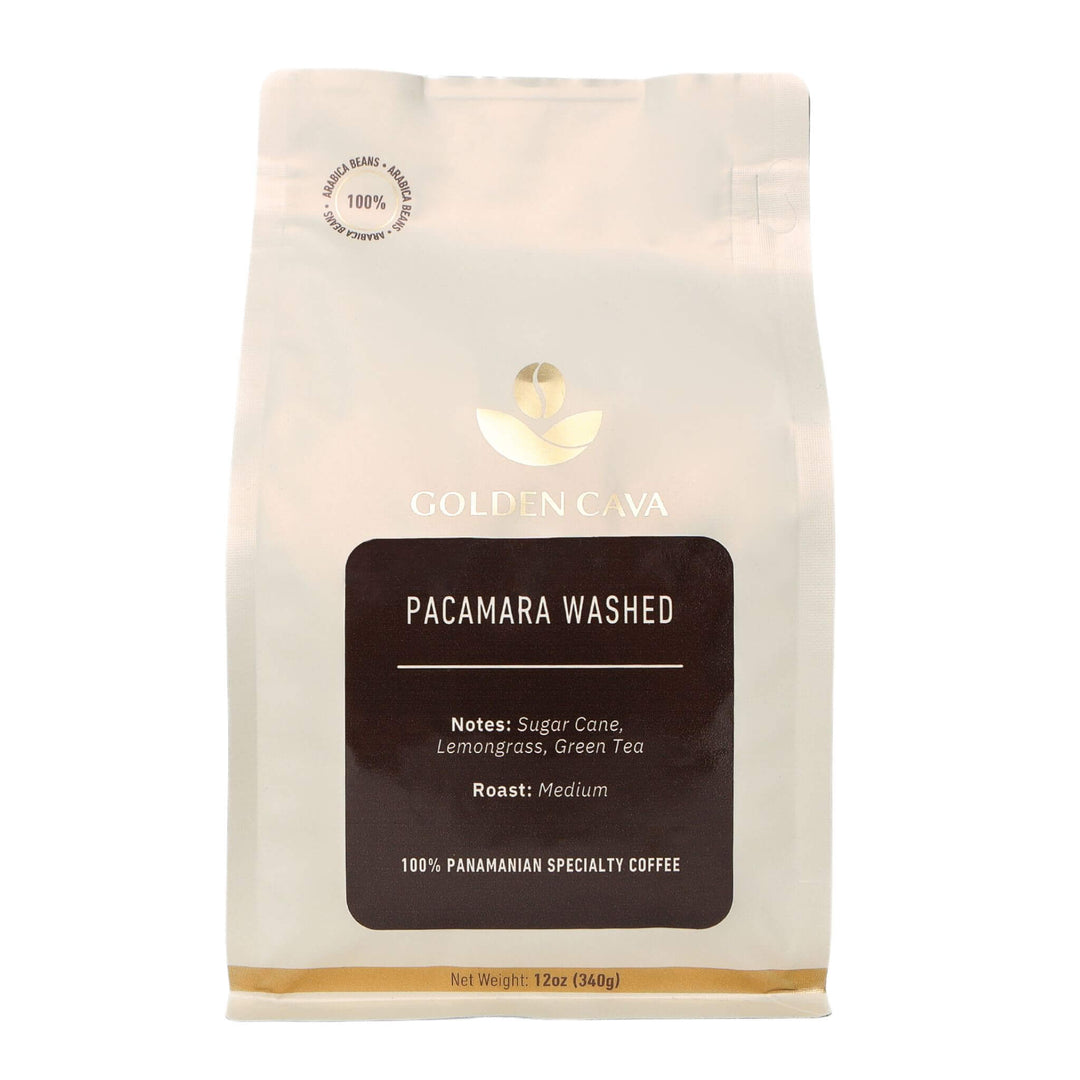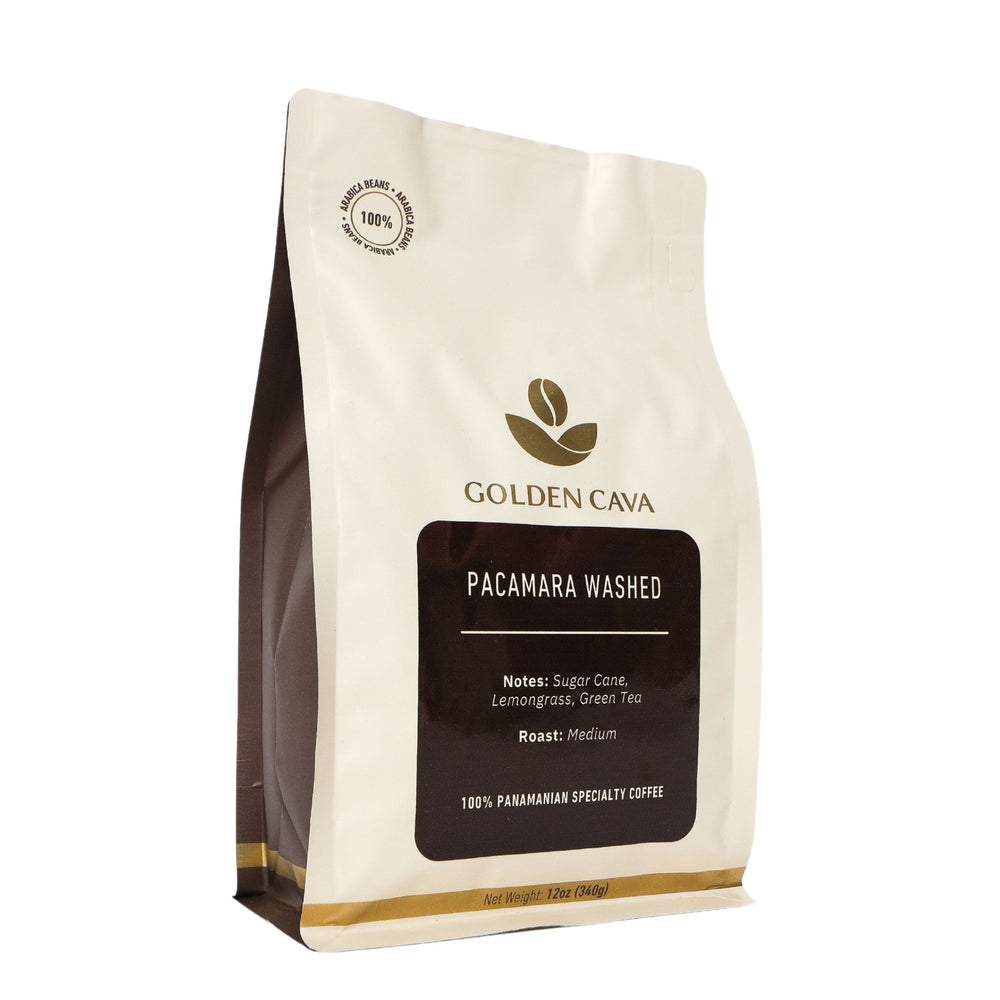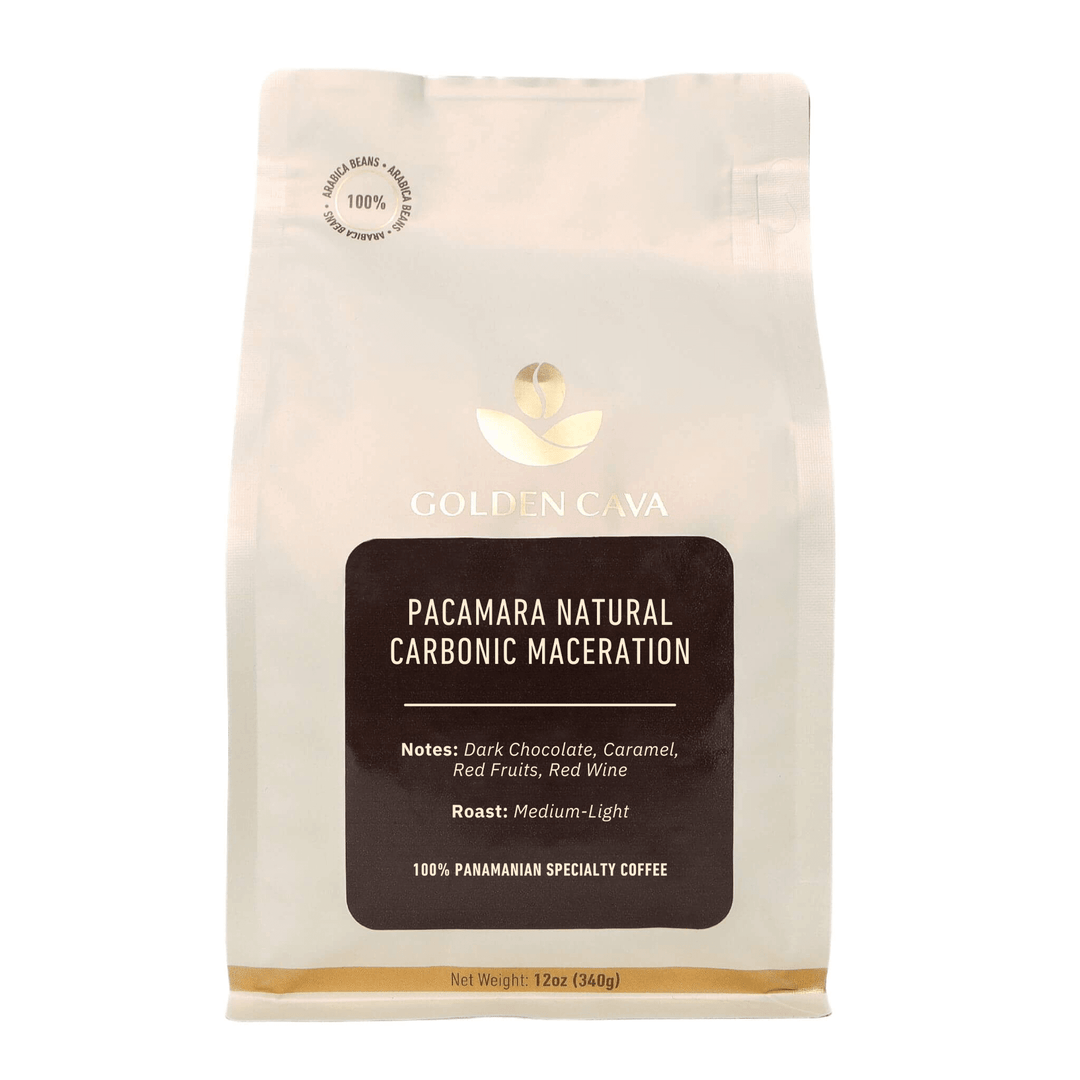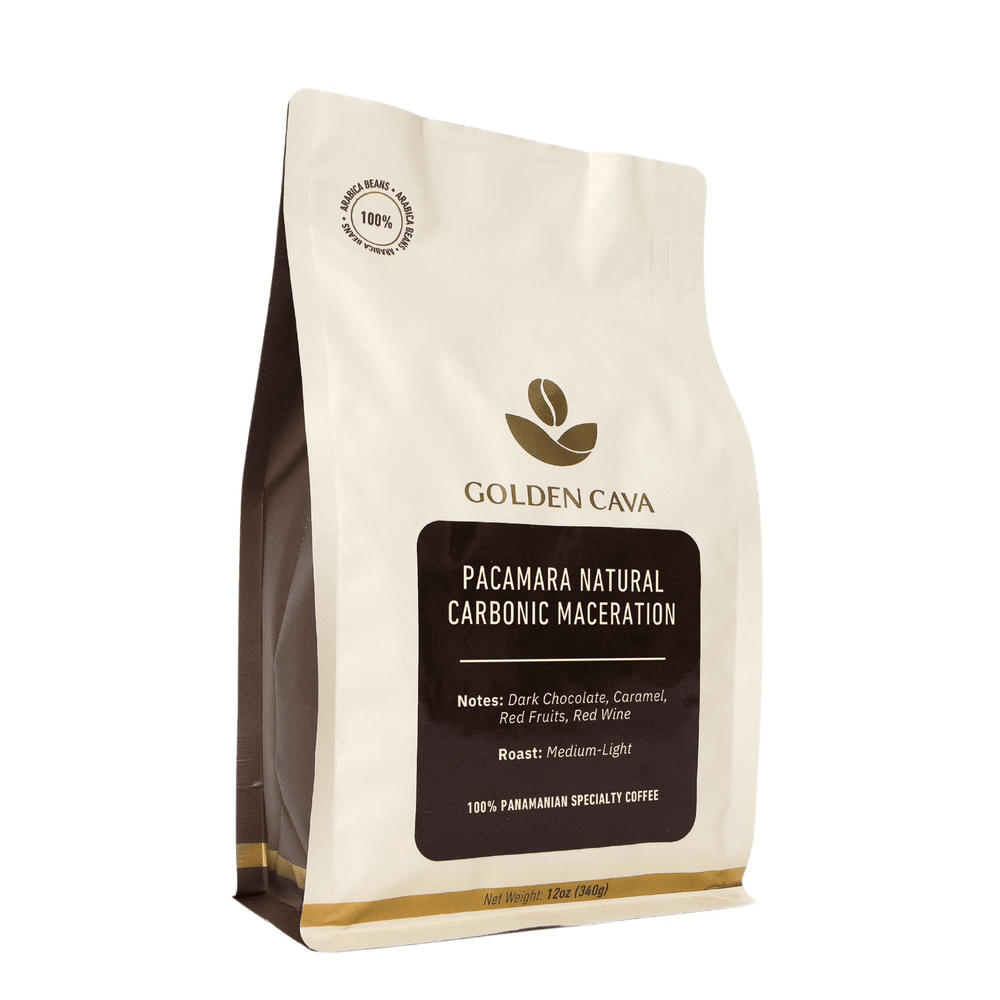Are you tired of wondering how to fix bitter coffee? By delving into the causes of bitter coffee and exploring ways to improve it, this blog post will help you unlock your inner barista and make every cup a delicious one.
By understanding the science behind what makes coffee bitter, you can make informed decisions when it comes to brewing temperature, bean quality, grind size, and brewing methods. This comprehensive guide on how to fix bitter coffee will elevate your at-home barista skills and ensure that each cup is brewed to perfection.
Get ready to say goodbye to bitterness as we explore the intricacies of coffee taste profiles and discover new ways of achieving a better-tasting cup every time.
Table Of Contents:
- 1. Identify the Source of Bitter Coffee
- 2. Adjust Your Brewing Temperature
- 3. Choose a High-Quality Coffee Bean
- 4. Use the Right Grind Size
- 5. Experiment with Different Brewing Methods
- Frequently Asked Questions How to Fix Bitter Coffee
- Conclusion
1. Identify the Source of Bitter Coffee
Bitterness in coffee may be the outcome of a number of elements, including bean quality, brewing temperature, grind size and technique. To fix bitter coffee and enjoy a better cup every time you brew, it's essential to understand the root cause of bitterness in your specific situation.
A. Bean Quality
Low-quality beans or stale beans can result in a bitter taste due to their lack of freshness and flavor complexity. Ensure that you are using high-quality coffee beans, preferably from specialty roasters who prioritize sustainability and freshness.
B. Brewing Temperature
The ideal water temperature for brewing coffee is between 195°F (91°C) and 205°F (96°C). If your water is too hot or too cold when brewing your coffee, it could lead to over-extraction or under-extraction respectively - both resulting in bitterness.
C. Grind Size
An incorrect grind size for your chosen brewing method can also contribute to bitter flavors as well as an unbalanced extraction process during brewing:
- Fine grinds: Suitable for espresso machines but may cause over-extraction if used with other methods like drip brewers.
- Medium grinds: Ideal for pour-over techniques such as Chemex or V60 drippers where slower extraction times are desired.
- Coarse grinds: Best suited for French press or cold brew methods which require longer steeping periods without causing over-extraction issues leading to bitterness.
D. Brewing Method & Time
Your choice of brewing method can also impact the bitterness of your coffee. For example, a French press or AeroPress may produce less bitter coffee compared to an espresso machine due to differences in extraction time and pressure.
Extraction time that is too long can lead to an overly bitter cup of coffee. Ensure you follow the recommended brew times for each specific method:
- Pour-over: 3-4 minutes
- French press: 4 minutes
- AeroPress: 1-2 minutes
By identifying the source of bitterness in your coffee, you'll be one step closer to fixing it and enjoying a more balanced cup every time.
By identifying the source of bitter coffee, you can begin to adjust your brewing process and ingredients accordingly. By adjusting your brewing temperature, you can take control over how strong or weak the flavor of your coffee is.

2. Adjust Your Brewing Temperature
Adjusting the temperature of your brewing water can help reduce bitterness in your coffee. The temperature for brewing should be between ninety and ninety-six degrees Celsius (195°F - 205°F). If the H2O is too toasty, it can draw out more of the bitter components from the beans, leading to a harsher flavor.
To ensure you're using the right temperature for your brew, consider investing in a variable-temperature kettle. These kettles allow you to set and maintain precise temperatures easily. If you don't have access to a variable-temperature kettle, boil the water and allow it to cool for around 30 seconds before pouring over your coffee grounds; however, using cold or lukewarm water will not extract the full flavor from the beans.
Avoid Cold Water
On the other hand, using cold or lukewarm water will result in under-extraction of flavors from the beans. This may lead not only to weak-tasting coffee but also increased bitterness due to inadequate extraction of desirable flavor compounds.
Brewing Time Matters Too.
In addition to adjusting brewing temperature, pay attention to how long you're steeping or extracting your coffee as well. Over-extracted coffee tends to be bitter because undesirable compounds are drawn out during prolonged contact with hot water:
- Pour-over: Aim for an overall brew time of around 3-4 minutes.
- French press: Steep for approximately 4 minutes before pressing down on plunger.
- AeroPress: Follow manufacturer's recommended timing based on desired strength (usually between one minute and two minutes).
- Espresso: Aim for a 25-30 second extraction time.
By adjusting your brewing temperature and paying attention to the duration of extraction, you can significantly reduce bitterness in your coffee and enjoy a smoother, more balanced cup. Don't forget to explore other factors like grind size and bean quality as well - every little change can make a big difference.
Tweaking the brewing temp can aid in concocting a cup of joe that is harmonious and not overly sharp. Opting for a superior coffee bean can lead to an even more enjoyable cup of joe.

3. Choose a High-Quality Coffee Bean
Using high-quality, freshly roasted beans can help reduce bitterness in your coffee. For an optimal cup of coffee, selecting quality beans is key to achieving the desired flavor and aroma. To avoid bitter coffee, it's essential to invest in high-quality specialty coffee beans.
Freshness Matters
Coffee beans are at their peak flavor within two weeks of roasting. As they age, they lose their natural oils and flavors, which can lead to a more bitter taste when brewed. Make sure you purchase freshly roasted beans from reputable sources or consider subscribing for regular deliveries so that you always have fresh coffee on hand.
Avoid Over-Roasted Beans
Darker roasts tend to be more bitter due to the extended roasting process that breaks down compounds like chlorogenic acid into quinic acid - one of the main culprits behind bitterness in coffee. Opting for lighter or medium roast profiles will result in less bitterness while preserving more delicate flavors.
Tips for Choosing High-Quality Coffee Beans:
- Buy whole bean: Whole bean coffee retains its freshness longer than pre-ground options because there is less surface area exposed to air.
- Purchase single-origin: Single-origin coffees often provide unique flavor profiles based on factors such as region and altitude where they were grown.
- Sustainably sourced: Look for certifications like Fair Trade, Rainforest Alliance, or Organic to ensure that your coffee is ethically and sustainably produced.
- Roast date: Check the packaging for a roast date to ensure you're getting fresh beans. If there's no roast date listed, it might be best to look elsewhere.
Choosing beans that meet the criteria of freshness and quality can help ensure a pleasant, non-bitter taste when brewed. Remember, investing in quality ingredients is crucial for achieving the perfect cup of coffee every time.
For a delicious cup of coffee, sourcing top-notch beans is essential. By selecting the right grind size, you can ensure that your brewed beverage will be balanced and flavorful.

4. Use the Right Grind Size
Using the right grind size for your brewing method can help reduce bitterness in your coffee. The grind size plays a crucial role in determining how much flavor is extracted from the coffee beans during brewing, and an incorrect grind size may lead to over-extraction or under-extraction, resulting in bitter or weak coffee.
To ensure you're using the appropriate grind size for your chosen brewing method, consider these guidelines:
- Coarse Grind: Ideal for French press and cold brew methods. This allows for longer steeping times without over-extracting flavors.
- Medium-Coarse Grind: Suitable for pour-over brewers like Chemex and Clever Dripper, which require slightly finer grinds than French press but still need some resistance against water flow.
- Medium Grind: Perfect for drip coffee makers and siphon brewers that use paper filters. It provides a balanced extraction of flavors while preventing sediment buildup on filters.
- Fine Grind: Works best with espresso machines as it creates enough pressure to extract bold flavors quickly without producing too much bitterness due to its short contact time with water.
If you're uncertain about the right grinder for your needs or how to consistently grind beans, our guide on selecting the ideal coffee grinder can help.
Besides choosing the correct grind size based on your preferred brewing method, also pay attention to consistency when grinding your beans. An unevenly ground batch will result in both under- and over-extracted particles within one cup of brewed coffee, leading to a bitter and unbalanced taste. Premium grinders can give you consistent results, meaning your coffee will always be tasty.
In addition to grind size and consistency, remember that freshly ground beans will always produce better-tasting coffee compared to pre-ground options. Grinding your beans right before brewing ensures maximum flavor extraction and minimizes the chances of bitterness in your cup.
Using the right grind size is an essential step to ensure that your coffee tastes great and isn't too bitter. To further enhance your cup of coffee, experiment with different brewing methods for even more flavor complexity.

5. Experiment with Different Brewing Methods
Experimenting with different brewing methods can help you find one that produces less bitter coffee. Each brewing method extracts flavors from the coffee beans differently, and some may be more prone to extracting bitterness than others. By trying out various techniques, you can discover which ones work best for your taste preferences.
Aeropress
The Aeropress is renowned for its versatility and capacity to create low-acidity drinks with a short brewing time, mitigating the risk of over-extraction or bitterness. Its unique pressure-based extraction process allows for shorter brewing times, reducing the chances of over-extraction and bitterness.
Pour Over
Pour-over methods, such as Chemex or Hario V60, offer precise control over water temperature and flow rate during the brewing process. This level of control helps prevent over-extraction while still providing a full-bodied cup of coffee without excessive bitterness.
Cold Brew
If you're looking for an entirely different approach to avoid bitter coffee altogether, consider giving cold brew a try. Cold brew involves brewing coffee grounds in cold water for an extended period, yielding a naturally sweet and smooth beverage with low acidity or bitterness.
Tips on experimenting:
- Take notes on each method's results: flavor profile, mouthfeel, aroma - this will help you compare and find your favorite.
- Experiment with different coffee-to-water ratios to fine-tune the strength of your brew without increasing bitterness.
- Invest in a high-quality grinder that can produce consistent grind sizes for each brewing method, as this is crucial for optimal extraction and flavor balance.
Incorporating these tips into your coffee-making routine will help you discover new ways to enjoy your daily cup without any unwanted bitterness. Remember, it's all about finding what works best for you and embracing the journey towards better coffee.
Frequently Asked Questions How to Fix Bitter Coffee
What reduces coffee bitterness and improves its flavor?
To reduce coffee bitterness and improve its flavor, consider adjusting the brewing temperature, using high-quality beans, selecting the right grind size, experimenting with different brewing methods, and adding a pinch of salt. Additionally, proper storage of coffee beans can also help maintain their freshness and prevent bitterness.
What are the reasons for producing bitter coffee?
Bitter coffee is often produced due to over-extraction or incorrect water temperature during brewing. Other factors include using low-quality or stale beans, an improper grind size that's too fine for your brewing method, or not properly cleaning your equipment which can leave residue affecting taste.
Does adding salt to coffee make it less bitter?
Yes, adding a small amount of salt to your coffee can help neutralize some of the bitterness by reducing perceived acidity. This technique should be used sparingly as too much salt may overpower other flavors in your cup.
How do you fix bitter coffee with salt?
To fix bitter coffee with salt, add just a pinch, about 1/8 teaspoon per 6-ounce cup before or after brewing. Start with minimal amounts until you achieve desired results without compromising overall taste quality.
Conclusion
Coffee bitterness is a common issue that can be easily fixed. By understanding the source of bitter coffee, adjusting your brewing temperature, choosing high-quality beans and grinding them to the right size for your chosen method of preparation, you'll have all the tools needed to fix bitter coffee. Don't forget to experiment with different methods too - you never know what delicious cup of joe awaits.
Discover the perfect coffee experience and how to fix bitter coffee with Golden Cava's selection of specialty coffees, teas and travel gifts. Enjoy a better cup of coffee every time by using our expert tips to fix any bitter notes in your brew.


